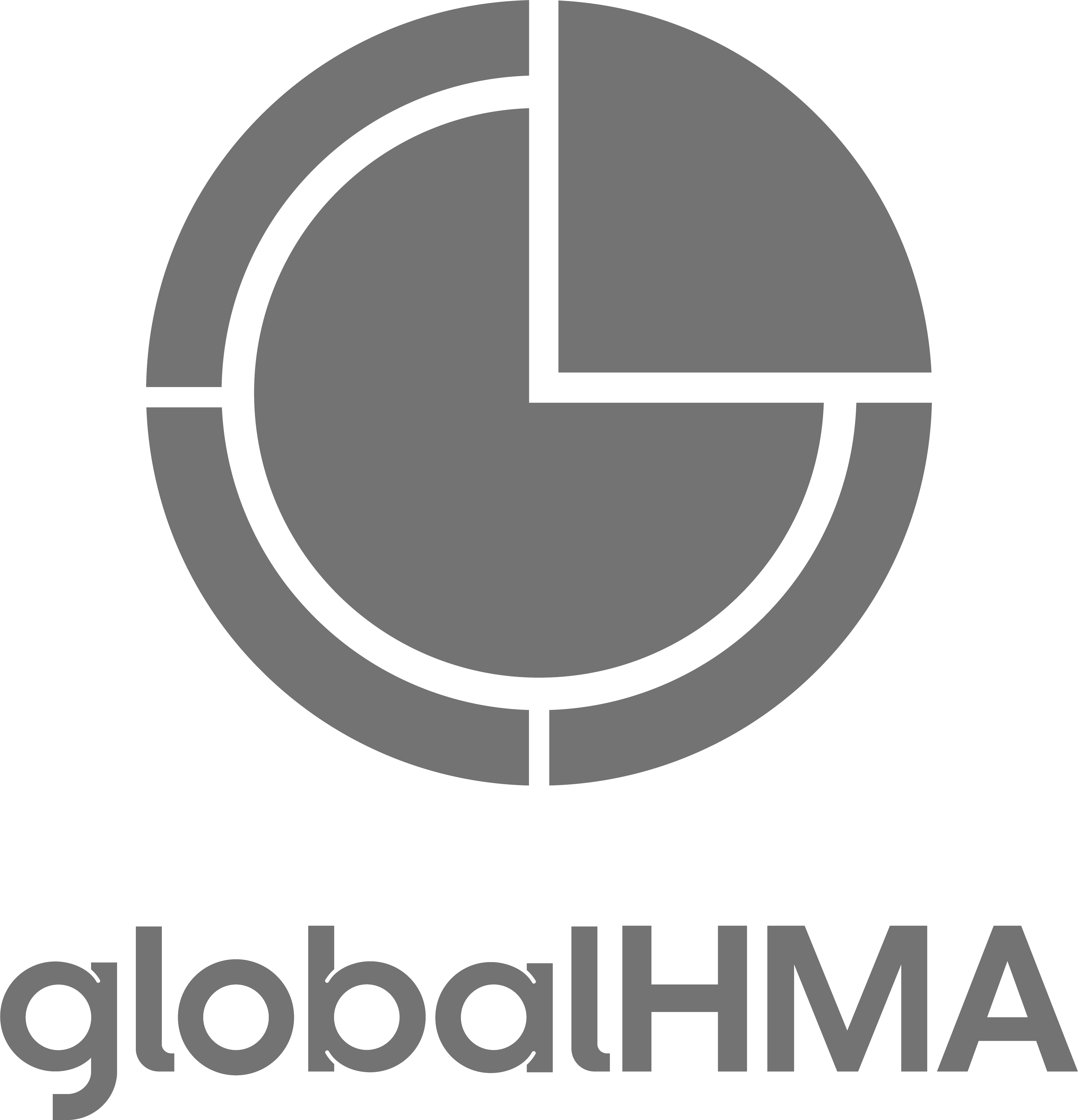While reading an article published by TechnologyReview.com back in July, I couldn’t help but think of two things. The first was the topic of my own graduate thesis, that sought to understand the impacts stemming from surveillance and other police-department technologies upon the daily experiences of police officers in a large metropolitan district. The second topic that came to mind was a more local-level (and easier to miss) impact of technology that I couldn’t help but notice earlier this week during my pre-work coffee runs at the local Sheetz.
Although these 3 topics might appear to be somewhat random (and, wait for it!) linkable only by some typical “Kris-like-Anthro” fashion, I believe that each of them come together to reveal a more “philosophical consideration” of technology, and whether its advances ultimately stand to unite or divide us as a global community of people.
For starters, the article from July does a great job of raising this question from the typical “techie-geek” perspective. It discusses a recently published MIT ebook that examines how technological advances in the workplace ultimately helped or hurt people in an already challenging economy. The study found that, depending on the industry, innovations that lead to greater productivity unfortunately correlated with a lessened need for employing actual people.
This might seem like common sense: if 1 machine can do what it used to take 5 people to do, why wouldn’t there be a lessened need for human workers? What doesn’t typically occur to us are the many ways the ripple effects of this fact trickle down to our everyday lives.
Now for the link to my thesis. For the entirety of my last semester, I worked closely with an officer from a metropolitan police department to gather research for my final graduate assignment. Being an anthropology student with a mental health background, I figured I would write about something related to that particular field. Because the district I chose to shadow was not as involved with these specialty units, I had to think of something else. So for an entire week, I decided to play the part of dutiful participant-observer and see what themes jumped out at me from the day to day picture of policing that I might gain from a review of the field notes I gathered.
Not long after opting to keep an open mind, the role of technology and how it has substantially impacted officers on both a personal and professional level was so big that I couldn’t ignore it. Like the ebook mentioned in the article, as I listened to the officer I shadowed talk about the way that surveillance technology (including GPS monitoring of all police cruisers by department superiors back at headquarters) impacted how he went about performing his job, it seemed to me to be an example of technology -yet again- dividing people.
Whereas officers used to patrol “neighborhood beats” on foot, they now do a majority of their duties from behind the closed doors of their vehicles. This has impacted policing in several ways, but one of the more noticeable shifts is the reduction of an officer’s feeling of a personal connection to the community he or she patrols: and perhaps the lessening of the bond/respect felt by members of the civilian community for local law enforcement officials.
Thus, a potential down-side to technology is that its pitfalls are sometimes felt at our own individual and local levels. Coming full-circle to the second topic I thought of, a recent article I read discussed the major “coffee initiative” undertaken by Sheetz, which is what I noticed earlier this week on my morning coffee run. Part of the reason I enjoy getting my coffee so much every morning is because of the dear older gentleman behind the coffee pots. He always greets me with a bright smile, and tries to make friendly conversation.
On Monday, I was expecting to get my coffee as usual- waiting for my friend to direct me to the pot with the freshest batch. To my utter (and initial) delight, I saw a completely upgraded coffee arrangement- automated dispensers galore! No more coffee pots. And they even upgraded to those cool automatic sweetener dispensers, to boot. I thought I had died and gone to coffee heaven. But my smile soon faded when I saw my favorite coffee attendant merely standing next to the new arrangement, with no coffee-related task to aid me with, other than asking me if I would rather have a flat or domed coffee lid.
My intention is not to argue against technology- anything but! If anything, I wish to make a stand against the rather divisive applications of these powerful tools- like the instances I’ve just described. Here at HMA, what I appreciate most about our services and our capabilities is that we succeed in overcoming such “technological hurdles” by finding ways to use technology to CONNECT people. Everyday, I have the pleasure of seeing how what we do here on a daily basis unites people- and on a global scale. As the article from July so optimistically asserts at its close, the true treasure of today’s technology lies in its “cornucopial” bounty of shared (and uniting!) wisdom. Places like Twitter and Wikipedia connect us to those we love, those we love to learn from, and topics we love to learn about.
I believe there will always be extremes, and two sides, to every topic. Although I have personally seen instances where technology can divide, utilizations of technology by places like HMA remind me that it is also capable of uniting and strengthening bonds between people and our world.
I encourage our followers to share their own opinions of how technology can help us grow together!




1 Comment